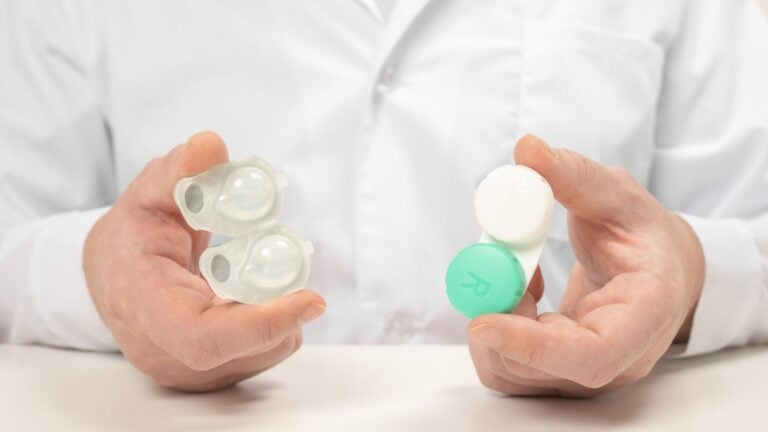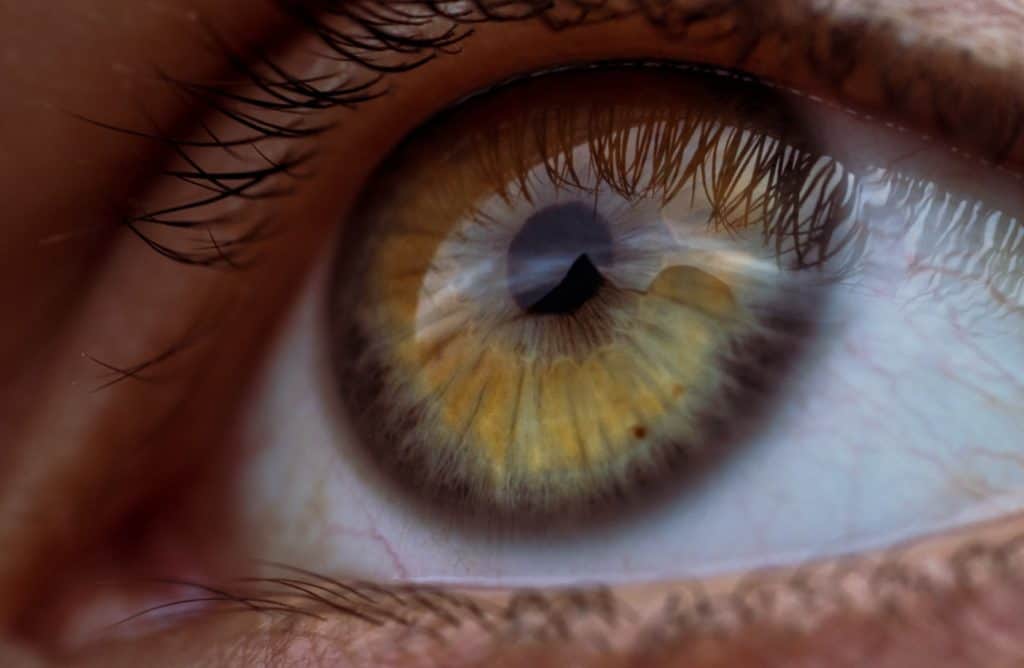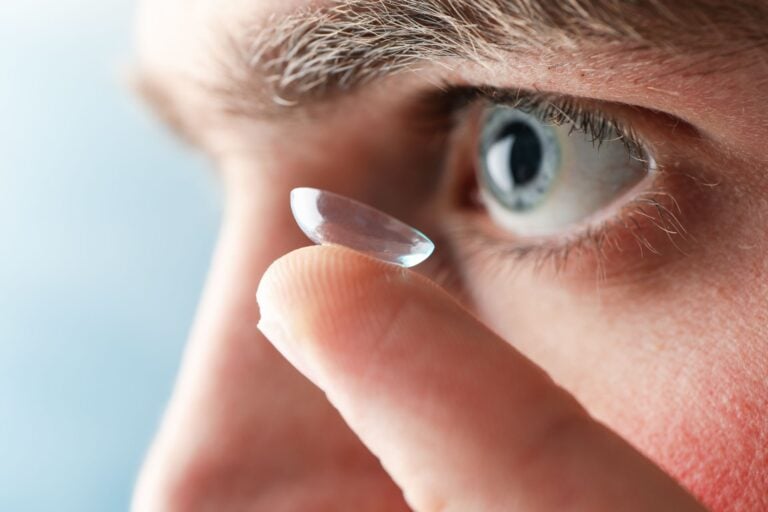
Glaucoma – What is it and Why should you be concerned

Paul Slusher
CEO

What is Glaucoma?
Glaucoma is not just a single disease but it is a term used to classify a small number of similar eye diseases. The disease will affect the ability for the eye to send visual information to the brain, ultimately resulting in blindness if it is not properly and timely treated.
Why is Glaucoma Dangerous
The most dangerous thing about it is that there are very few warning signs. It can simply sneak up on someone if they have not been going to regular eye appointments and checking for the potential of someone developing glaucoma.
Here’s a few scary facts about Glaucoma:
- – it shows very few warning signs before being too late
- – can lead to blindness
- – irreversible, meaning once it happens, it likely cannot be fixed
- – only one of many other eye diseases people can develop
Types of Glaucoma
There are 2 primary types in which the majority of people who develop, will suffer from.
Angle-Closure Glaucoma
This type of the disease will happen extremely rapidly, without many warning signs. It has been seen that this type is more common in those with Asian ancestry. Although rapid, there are some potential warning sign you may experience when you have Angle-Closure Glaucoma. This could include nausea, pain in and around the eyes, headaches, vision-blur and possibly even rainbow-coloured rings around lights that are bright.
Open-Angle Glaucoma
On the other hand, this type is most likely experienced by those with African, Hispanic, or Caucasian ancestry. This type of Glaucoma will likely show no symptoms. Some people even have it for many years before experiencing any type of vision loss or side effects. If it is not noticed or detected, it is likely not able to be fixed once it is too late. Even eye surgery won’t be able to bring back the lost vision from the disease.
Who is More Likely to Develop Eye Disease?
At the end if the day, anyone in this world has potential to develop some type of glaucoma. Those that are maybe a bit more likely could be those whose family has a history with eye disease. Eye disease is hereditary so you should ask your parents and your grandparents about their eye history. But remember, you’re still at risk even if there is no eye disease history in your family. There are also a variety of eye characteristics that may indicate more risk for glaucoma. It may also be something as simple as your age that puts you more at risk.
This is simply all the more reason to go see your eye doctor for an eye exam. This can allow there to be a file on the condition of your eyes and allow for a closer watch to be had on your eyes over time. Regular eye exams can also help to detect problems sooner, which results in earlier detection, leading to higher likelihood of curing a disease rather than letting it beat you. Since eye diseases have the potential to cause vision loss, it is in your best interest to be safe than to be sorry.
Get access to exclusive subscriber-only promos!
Be first to flash sales and other exciting deals!


 US website
US website





